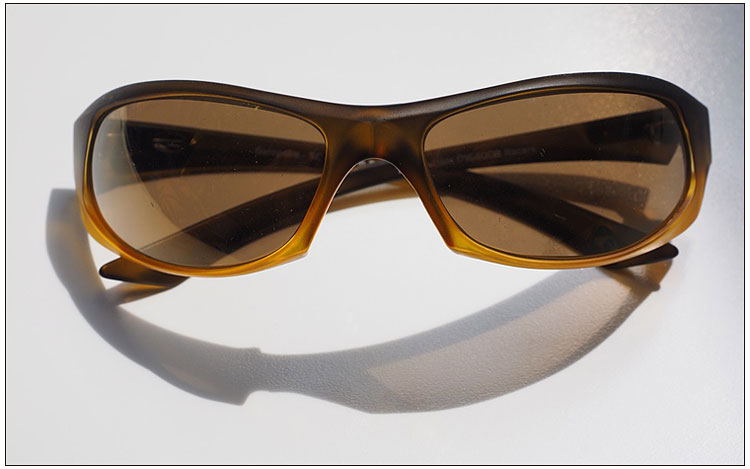American Academy of Ophthalmology survey confirms need for more eye protection
BEACH, THE POOL, the lake; Central Floridians will be headed outdoors for fun and relaxation this summer. While most will remember to lather on the sunscreen and shield their skin from harmful UV rays, how many will be watching out for their eyes as well?
Excess sun exposure can put one at serious risk for short- and long-term vision problems. UV rays can burn the cornea and cause temporary blindness in a matter of hours, while extended long-term exposure can increase risk of cataracts, cancer, and tumors.
According to an American Academy of Ophthalmology survey, most people don’t focus as much attention on protecting their eyes, as they do protecting their skin. Only 47 percent of those surveyed check to see if the sunglasses they purchase block UV rays.
Additionally, just 32 percent make their children wear UV-blocking sunglasses. Those are two big mistakes, according to Julia R. King, O.D., an optometrist with Eye Specialists of Mid-Florida practicing in Winter Haven. “It’s important to protect the eyes of children who typically spend more time outdoors,” she observes. “And often the damage is cumulative over the years, so the sooner you start protecting your eyes, the better.” Dr. King suggests wearing wrap-around sunglasses or close fitting eyewear with large lenses to block the light coming in from all angles. “You want something that blocks 99 to 100 percent of UV-A and UV-B light and screens out 75 to 90 percent of visible light.”
Dr. King also advises Floridians to use polarized lenses. “They’re good for reducing glare off of hard surfaces or water, which are particularly good for people boating or fishing.” And just because you’re behind the steering wheel doesn’t mean your safe. Dr. King points out that windshields protect against 96 percent of UV rays on average, but side windows only protect one from about 71 percent of rays.
The survey also showed that one-third of adults use medications that may increase photosensitivity. Certain antibiotics, birth control, estrogen pills, and psoriasis treatments with psoralen can make one more sensitive to the sun and its affects. UV radiation from outside or indoor sources, such as tanning beds, damages the eyes’ surface tissues, cornea, and lens. The color of your eyes can also weigh in on your level of sensitivity. Light-colored eyes such as blue, green, or hazel are more susceptible to damage than darker ones. But no matter what your age or your eye color, Dr. King reminds, “Protecting your eyes is just as important as wearing sunscreen.”
CREDIT
article by BONNY JOHNSON
